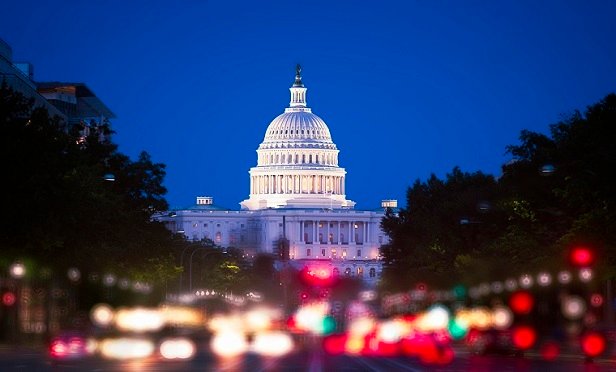 A top priority for the Property Casualty Insurers Association of America (PCI) is preserving the state-based system for insurance regulation. (Photo: iStock)
A top priority for the Property Casualty Insurers Association of America (PCI) is preserving the state-based system for insurance regulation. (Photo: iStock)
The 2018 election season is having an impact on the political environment surrounding home, auto, and business insurance issues in statehouses across the country, as well as in Washington.
Recommended For You
Want to continue reading?
Become a Free PropertyCasualty360 Digital Reader
Your access to unlimited PropertyCasualty360 content isn’t changing.
Once you are an ALM digital member, you’ll receive:
- Breaking insurance news and analysis, on-site and via our newsletters and custom alerts
- Weekly Insurance Speak podcast featuring exclusive interviews with industry leaders
- Educational webcasts, white papers, and ebooks from industry thought leaders
- Critical converage of the employee benefits and financial advisory markets on our other ALM sites, BenefitsPRO and ThinkAdvisor
Already have an account? Sign In Now
© Touchpoint Markets, All Rights Reserved. Request academic re-use from www.copyright.com. All other uses, submit a request to [email protected]. For more inforrmation visit Asset & Logo Licensing.







